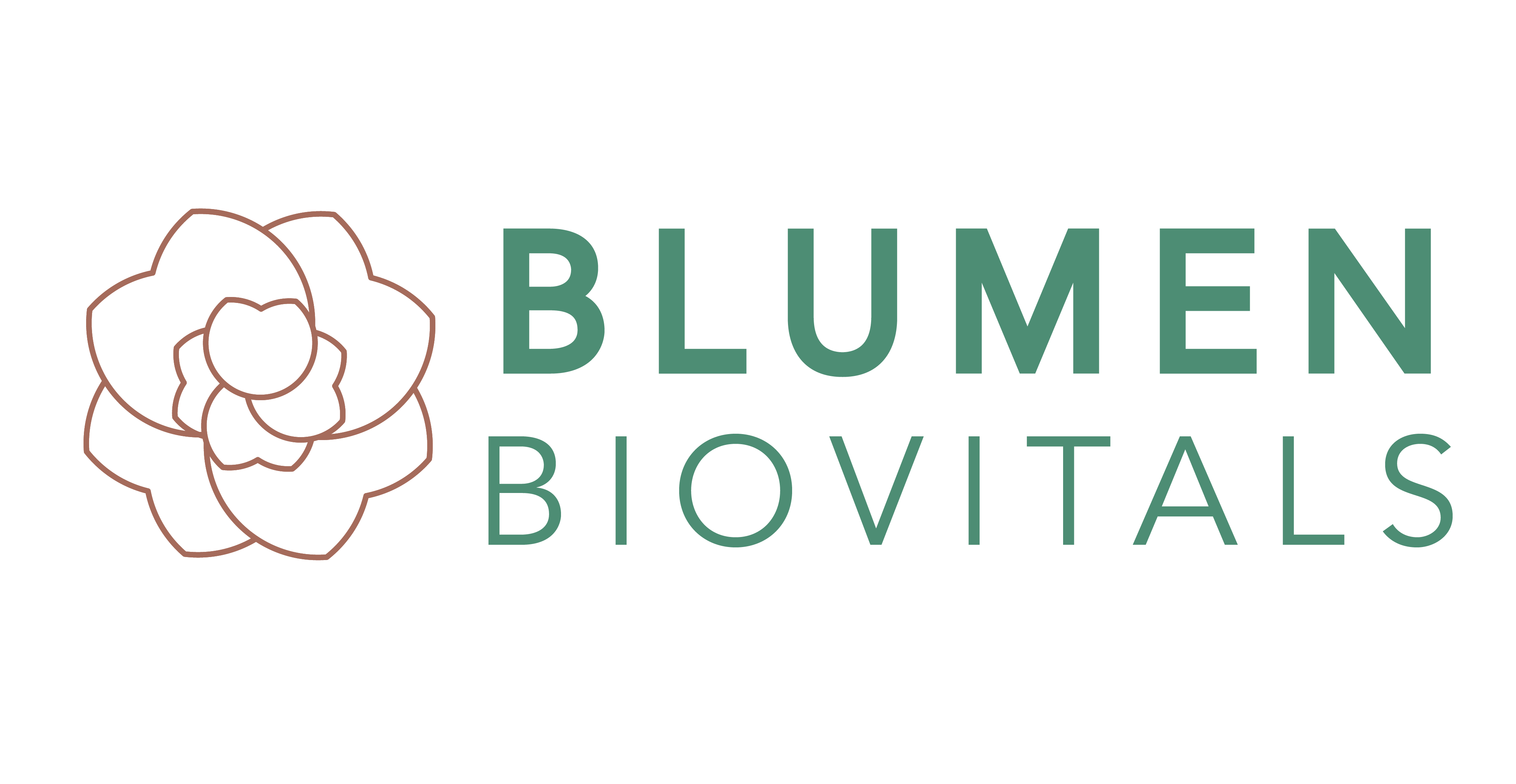Hippocrates, often regarded as the father of modern medicine, established over 2,400 years ago the significance of food in treating various ailments, optimizing its benefits in a classical manner. The term “nutraceuticals” is a combination of “nutrient” and “pharmaceuticals.” As per the definition by AAFCO in 1996, “nutrient” refers to a feed constituent that, in a specific form and quantity, supports human or animal life. On the other hand, “nutraceutical” describes any non-toxic food component that has scientifically proven health benefits, including the prevention and treatment of diseases [1]. Nutraceuticals are products derived from food sources that provide extra health benefits in addition to the basic nutritional value found in foods. They are often marketed as a way to improve health, prevent diseases, or support specific bodily functions.
Some common types of nutraceutical products are:
Probiotics: These are live bacteria and yeasts that are good for your digestive system. They are often found in fermented foods like yogurt, kefir, and kimchi [2].
Omega-3 Fatty Acids: These are essential fatty acids that are important for brain function, heart health, and reducing inflammation. They are found in fatty fish like salmon, flaxseeds, chia seeds, and walnuts [3].
Antioxidants: These are substances that can prevent or slow damage to cells caused by free radicals, which are harmful molecules produced by the body. Antioxidants include vitamins such as Vitamin C, Vitamin E, and beta-carotene, as well as minerals like selenium and manganese [4].
Herbal Supplements: These are derived from plants and are used for various medicinal purposes. Examples include ginseng for energy, turmeric for its anti-inflammatory properties, and ginger for digestive health [5].
Protein Supplements: These are often used by athletes and fitness enthusiasts to support muscle growth and recovery. They can come from whey, casein, soy, or other plant-based sources [6].
Fiber Supplements: These can help with digestion and promote a healthy gut microbiome. They are found in foods like psyllium husk, flaxseeds, and certain grains [7].
There are numerous distinct forms of respiratory disorders, but among the most well-known and deadly are bronchial diseases, lung cancer, chronic obstructive pulmonary disease (COPD), and lung infections such as pneumonia or coronavirus (COVID-19) infections.
Nutraceuticals from animals:
Fish oil: contains omega-3 fatty acids like DHA and EPA, important for combating inflammation in age-related respiratory disorders. Research highlights their significance, showing benefits in COPD, pulmonary fibrosis, and infections. DHA may prevent lung fibrosis from bleomycin. Diets rich in EPA and DHA are optimal for managing lung health [8] [9].
Heparin: has received approval from both the FDA and WHO, and has been marketed as both a drug and a dietary supplement. Additionally, it has found extensive use in the treatment of asthma and idiopathic pulmonary fibrosis [10].
Surfactants: surfactants serve various purposes, such as improving solubility, bioavailability, stability, and overall product performance in nutraceuticals. Polysorbate 80 and soy lecithin are two of the common surfactants used in nutraceuticals as an emulsifier and stabilizer. In premature newborns experiencing respiratory distress syndrome (RDS), the use of surfactant replacement therapy reduces both mortality and morbidity. During the acute phase of RDS when infant mortality rates are declining, animal-derived surfactants seem to be more effective than synthetic surfactants [11].
N-acetyl cysteine: N-acetyl cysteine (NAC) is a potent antioxidant and mucolytic agent that has shown promise as a nutraceutical for respiratory health. It works by replenishing intracellular levels of glutathione, a crucial antioxidant for lung function. Studies have demonstrated NAC’s ability to reduce mucus viscosity, improve cough clearance, and protect against oxidative stress in the respiratory tract [12]. Additionally, NAC has been investigated for its potential in managing chronic respiratory conditions such as chronic obstructive pulmonary disease (COPD) and cystic fibrosis. Its multifaceted benefits make NAC a promising supplement for supporting overall respiratory wellness [13].
Nutraceuticals from plants:
Alkaloids: Curcumin, an alkaloid compound, diminishes allergic airway inflammation and hyper reactivity by inhibiting the activation of the NFKB signaling pathway. The curcumin found in the rhizome of Curcuma longa Linn, which includes alkaloids, is employed to decrease allergic airway inflammation by activating the NF-KB signaling system [14].
Quercetin: Also known as 3, 3′, 4′, 5, 7-pentahydroxy flavone, is a naturally derived polyherbal flavonoid sourced from camellia sinuses. This compound is utilized for addressing issues such as lipid peroxidation, inflammation, oxidative stress, heightened capillary permeability, and the inhibition of platelet aggregation [15].
Lycopene: A potent antioxidant compound derived from the solanum co Persico plant, acts through a redox process to inhibit NF-KB, providing cell protection against asthmatic inflammation [16].
Green tea: Drinking green tea has been shown to be beneficial for individuals with lung cancer. Additionally, green tea has strong antioxidant and anti-inflammatory properties. Epigallocatechin gallate (EGCG) is recognized as the key component of green tea and plays a role in pulmonary fibrosis [17].
Nutraceuticals from minerals:
Certain minerals like magnesium, calcium, and potassium may protect against respiratory issues. Higher intake of these minerals in kids is linked to lower asthma rates. However, low-sodium diets didn’t help asthma symptoms in a trial. Magnesium might benefit asthma by opening airways. Low magnesium intake is linked to worse lung function in kids and affects airway muscle in severe asthma. Asthmatics tend to have lower selenium intake, and low maternal selenium may worsen symptoms [17].
In conclusion, Nutraceuticals have shown promise in supporting respiratory health and managing respiratory diseases. Various supplements such as vitamin D, vitamin C, zinc, and omega-3 fatty acids have been studied for their potential benefits in respiratory conditions like asthma, COPD, and allergic rhinitis. While more research is needed to fully understand the mechanisms and efficacy of these supplements, incorporating them into a well-rounded approach to respiratory care may offer additional support for individuals with these conditions. It is always important to consult with a healthcare professional before starting any new supplement regimen [18].
References:
- Andlaur W,Furst P (2002) Nutraceuticals A piece of history presents status and outlook. Food Research International 35:171-176.
- Hill C, Guarner F, Reid G, et al. The International Scientific Association for Probiotics and Prebiotics consensus statement on the scope and appropriate use of the term probiotic. Nat Rev Gastroenterol Hepatol. 2014;11(8):506-514.
- Calder PC. Omega-3 polyunsaturated fatty acids and inflammatory processes: nutrition or pharmacology? Br J Clin Pharmacol. 2013;75(3):645-662.
- Lobo V, Patil A, Phatak A, Chandra N. Free radicals, antioxidants and functional foods: Impact on human health. Pharmacogn Rev. 2010;4(8):118-126.
- Ernst E. Herbal medicines: balancing benefits and risks. Novartis Found Symp. 2007;282:154-67; discussion 167-72, 212-8.
- Cermak NM, Res PT, de Groot LC, Saris WH, van Loon LJ. Protein supplementation augments the adaptive response of skeletal muscle to resistance-type
- Slavin JL. Dietary fiber and body weight. Nutrition. 2005;21(3):411-418.
- Kubo H (2005) Anticoagulant therapy for idiopathic pulmonary fibrosis. Chest 1283: 1475-1482.
- Baybutt RC (2002) Dietary fish oil protects against lung and liver inflammation and fibrosis in monocrotaline treated rats. Toxicology 175: 1-13.
- Hoekstra RE, Jackson JC, Myers TF, Frantz ID, Stern ME et al (1991) Improved neonatal survival following multiple doses of bovine surfactant in very premature neonates at risk for respiratory distress syndrome. Pediatrics 88: 10-18.
- Nogee LM, Mello DE, Dehner LP, Colten HR (1993) Brief report: Deficiency of pulmonary surfactant protein b in congenital alveolar proteinosis. N Engl J Med 328:406-410.
- De Rosa, S. C., Zaretsky, M. D., Dubs, J. G., Roederer, M., Anderson, M., Green, A., … & Herzenberg, L. A. (2000). N-acetylcysteine replenishes glutathione in HIV infection. European journal of clinical investigation, 30(10), 915-929.
- Kelly, G. S. (2011). Clinical applications of N-acetylcysteine. Alternative Medicine Review, 16(2), 123-127.
- Hwang YY, Ho YS (2018) Nutraceutical support for respiratory diseases. Food Science and Human Wellness 7: 205-8.
- Sriram N, Kalayarasan S, Sudhandiran G (2009) Epigallocatechin-3-gallate exhibits anti-fibrotic effect by attenuating bleomycin-induced glycoconjugates,lysosomal hydrolases and ultrastructural changes in rat model pulmonary fibrosis. Chem Biol Interact 180: 271-280.
- Oh CM (2018) Consuming green tea at least twice each day is associated with reduced odds of chronic obstructive lung disease in middle-aged and olderKorean adults. J Nutr 148: 70-76.
- https://www.itmedicalteam.pl/articles/nutraceuticals-as-a-powerful-tool-for-respiratory-diseases-an-overview-118476.html#41
- Nutraceuticals and respiratory diseases: potential therapeutic application against airway inflammation” by A. L. Bonini, R. Antonicelli, and L. Bonini, Current Drug Targets, 2011.





